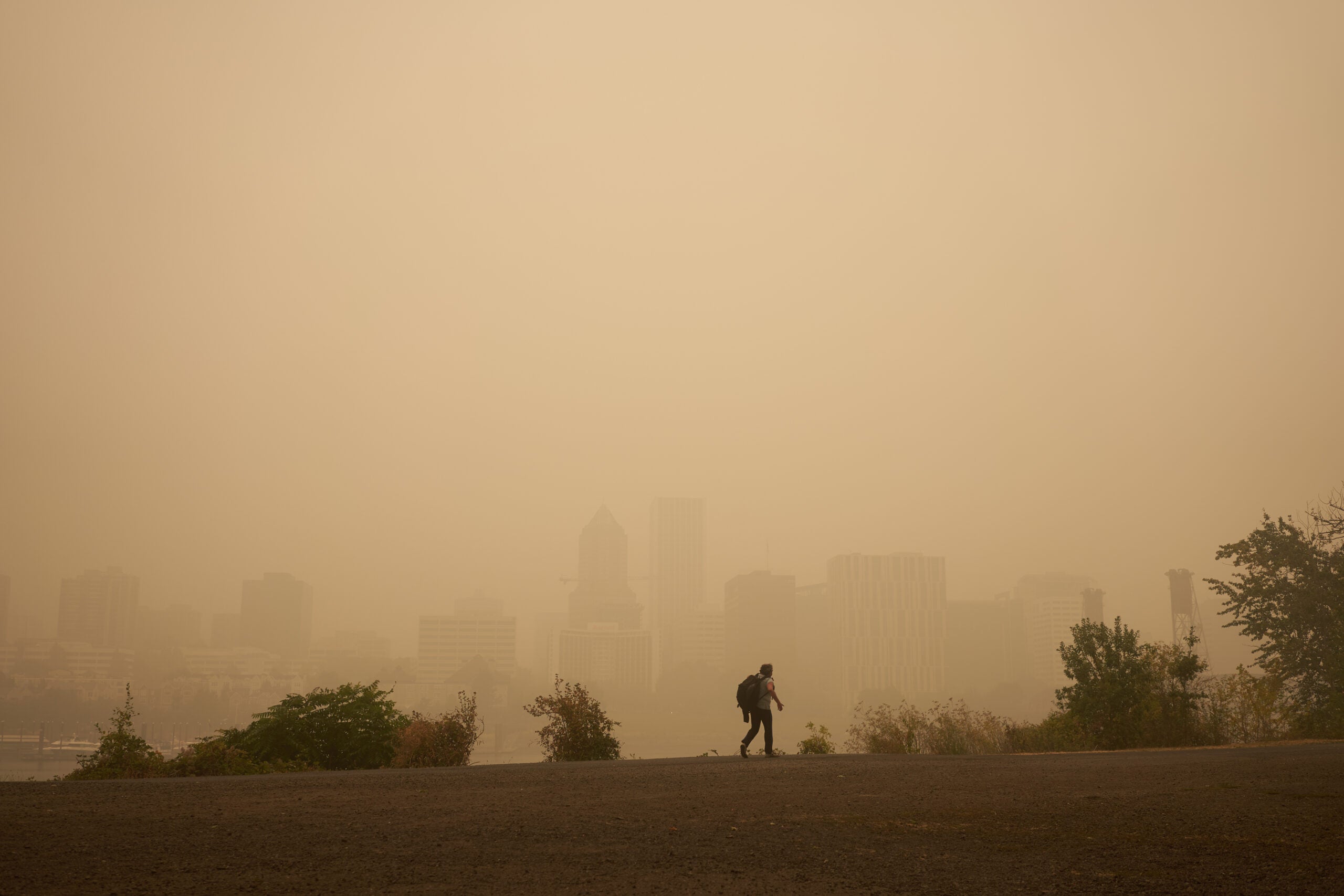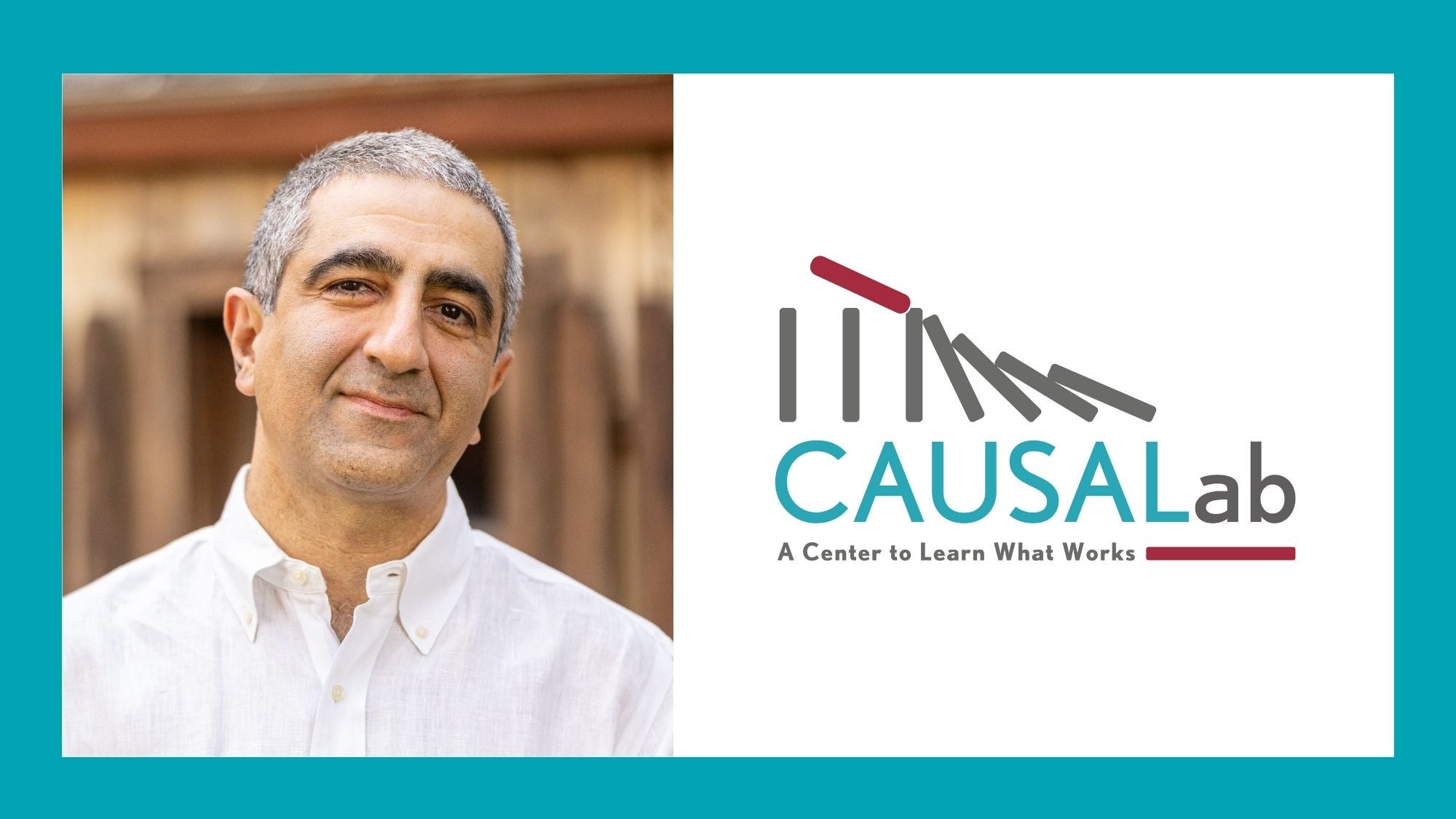‘Descendant’ Unearths Painful Legacy; New Opportunities
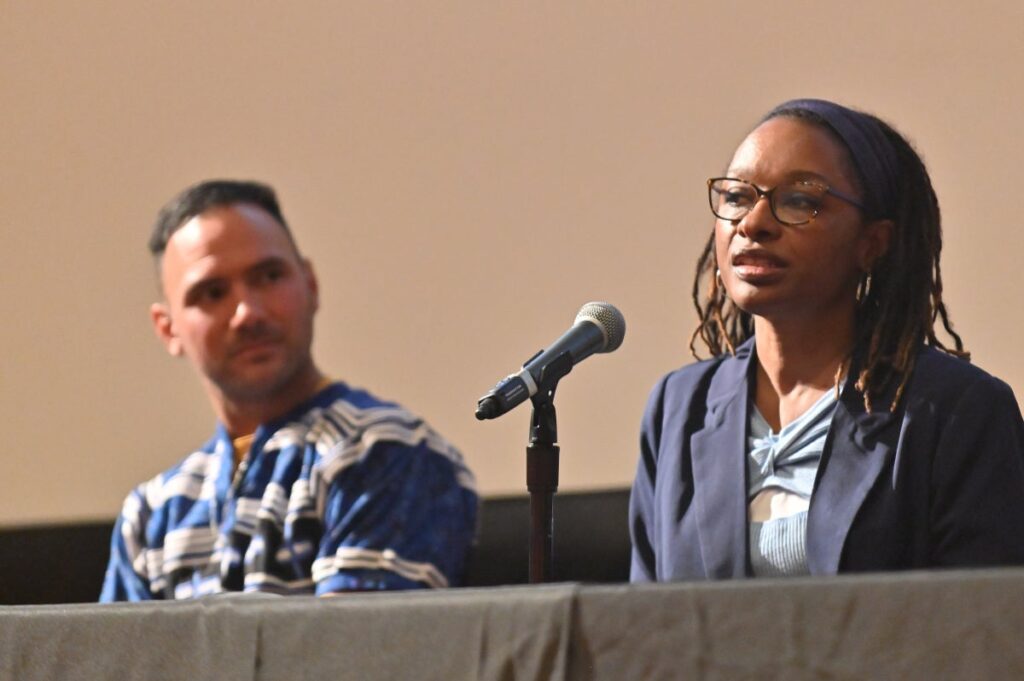
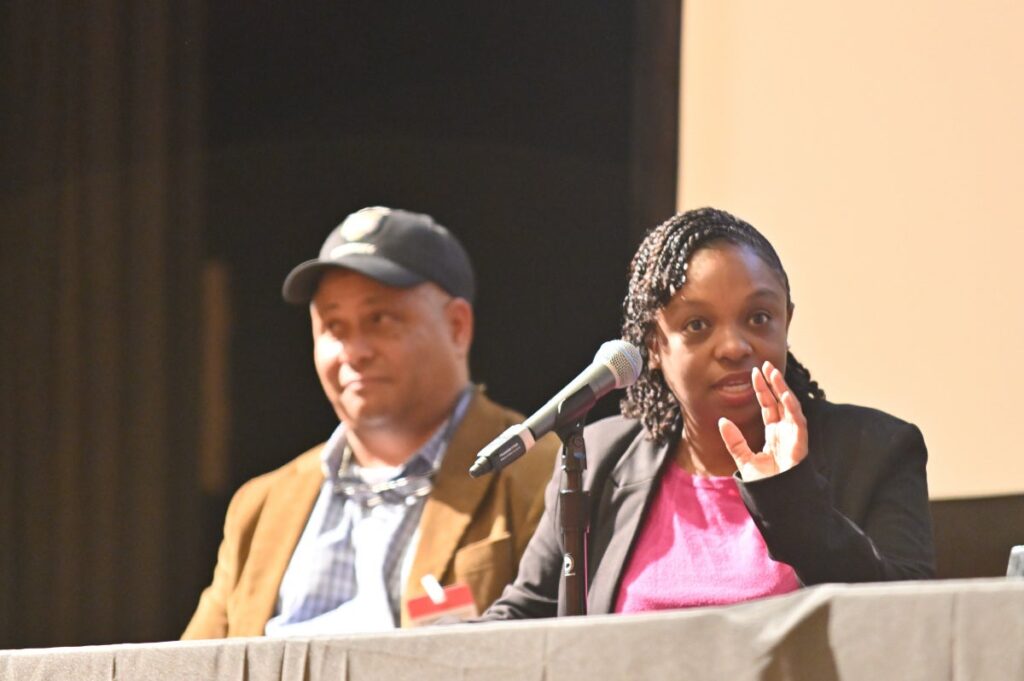

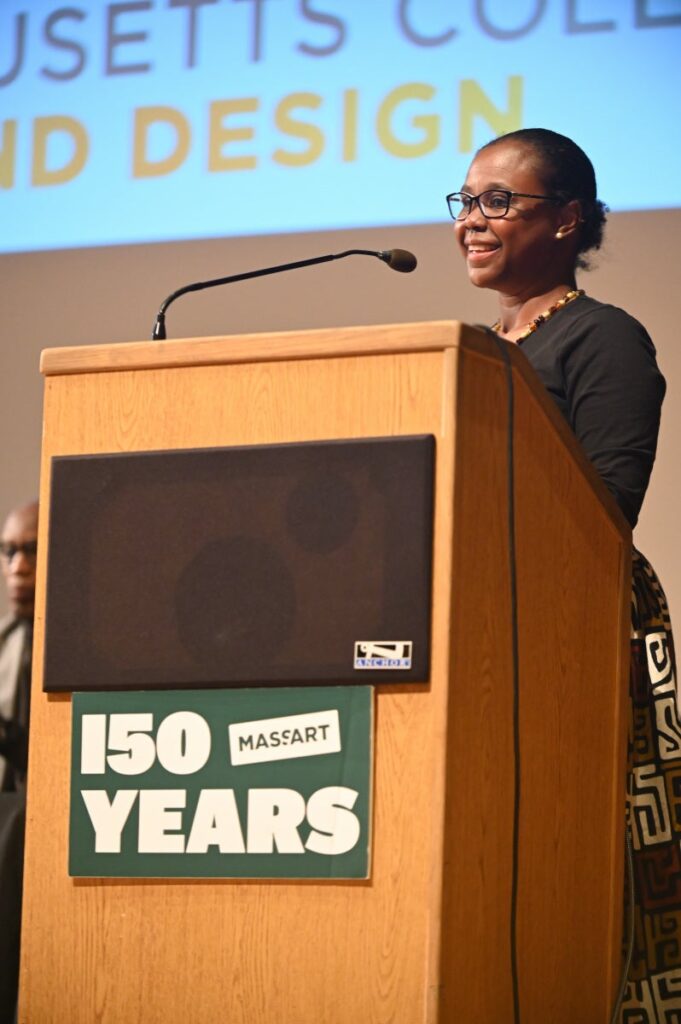
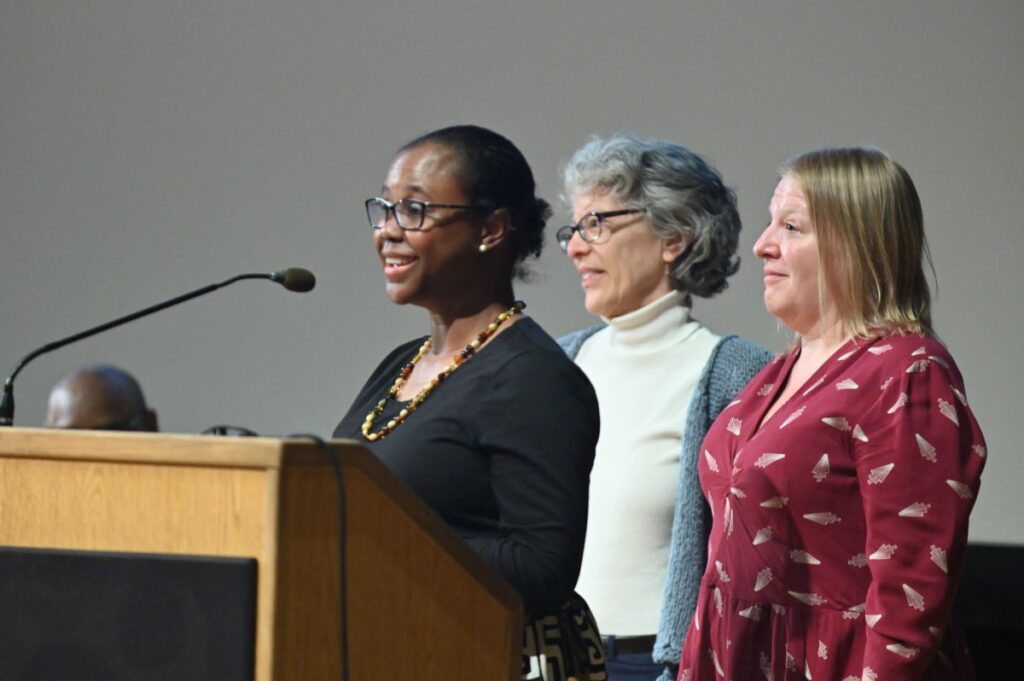
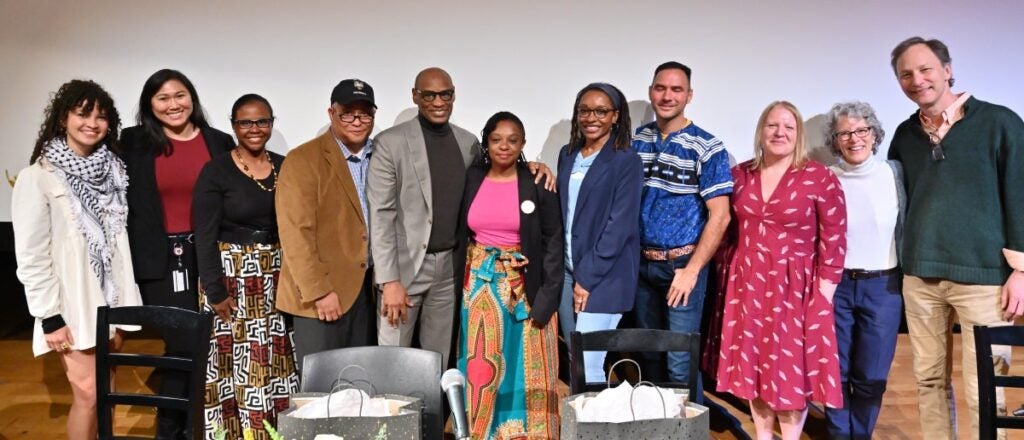
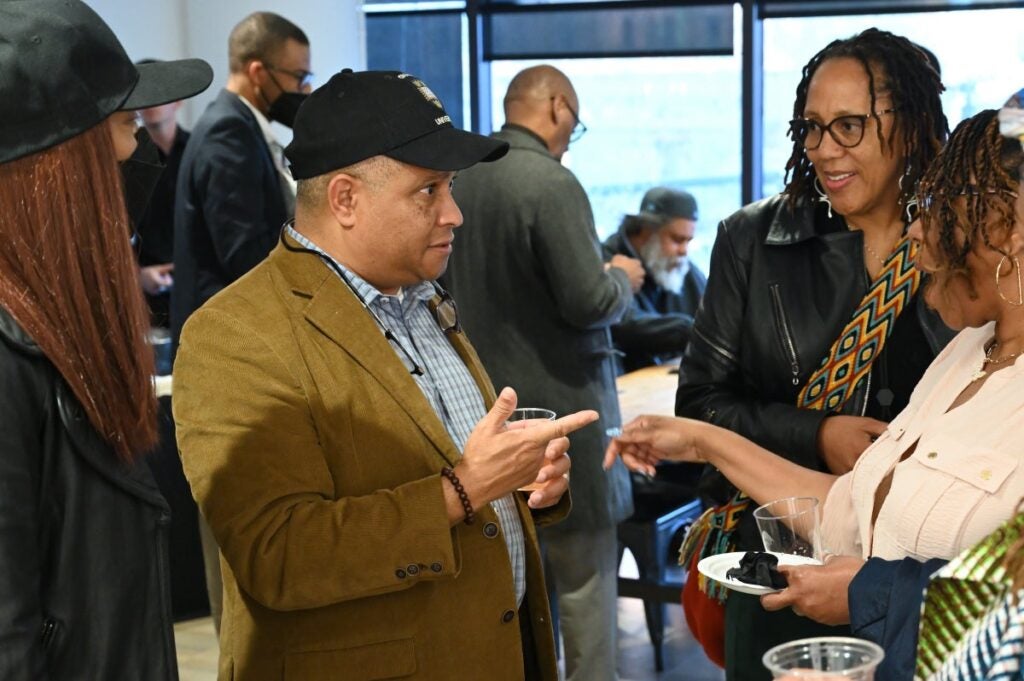

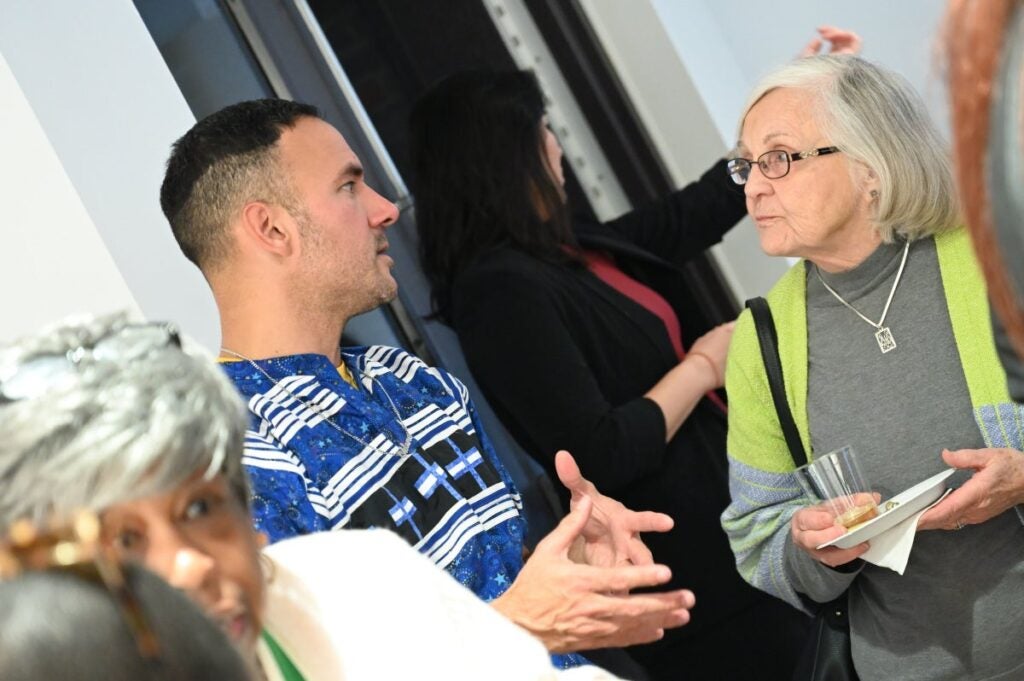
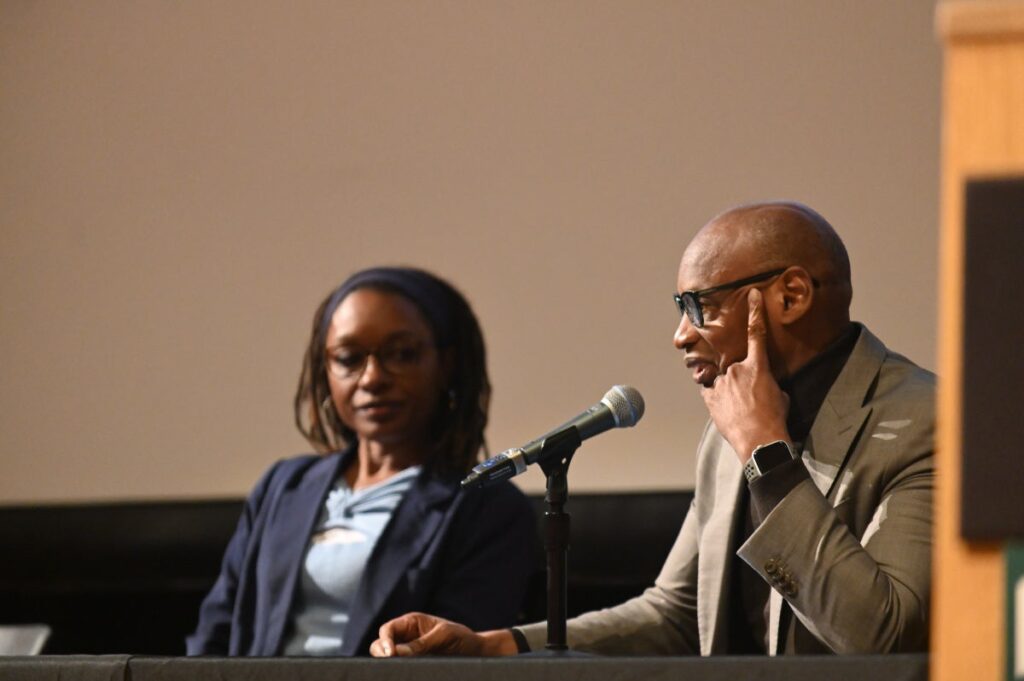
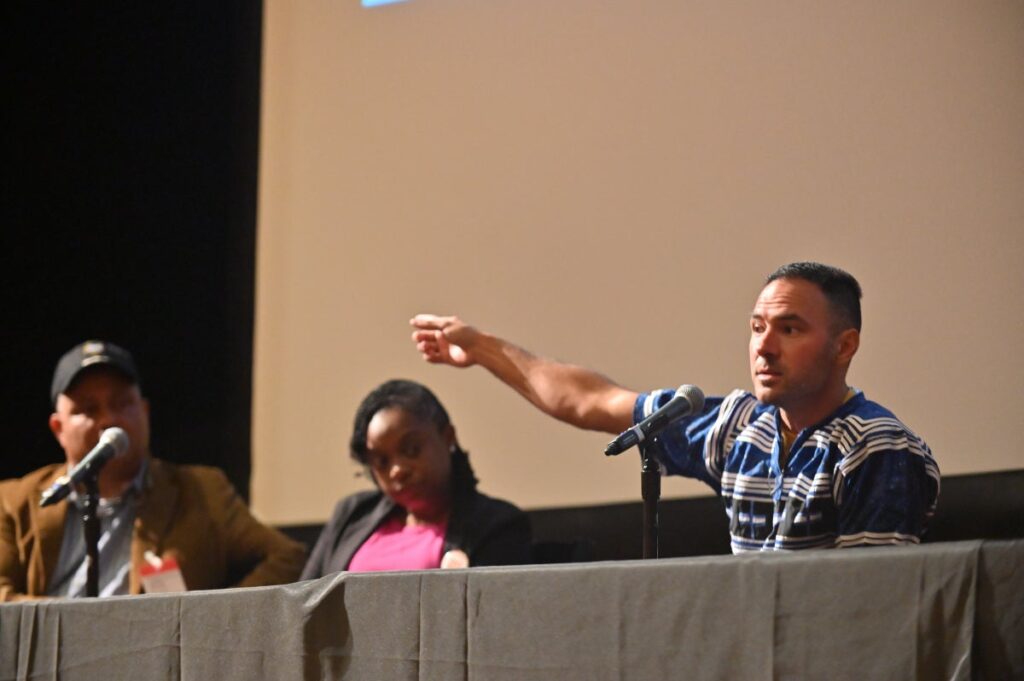
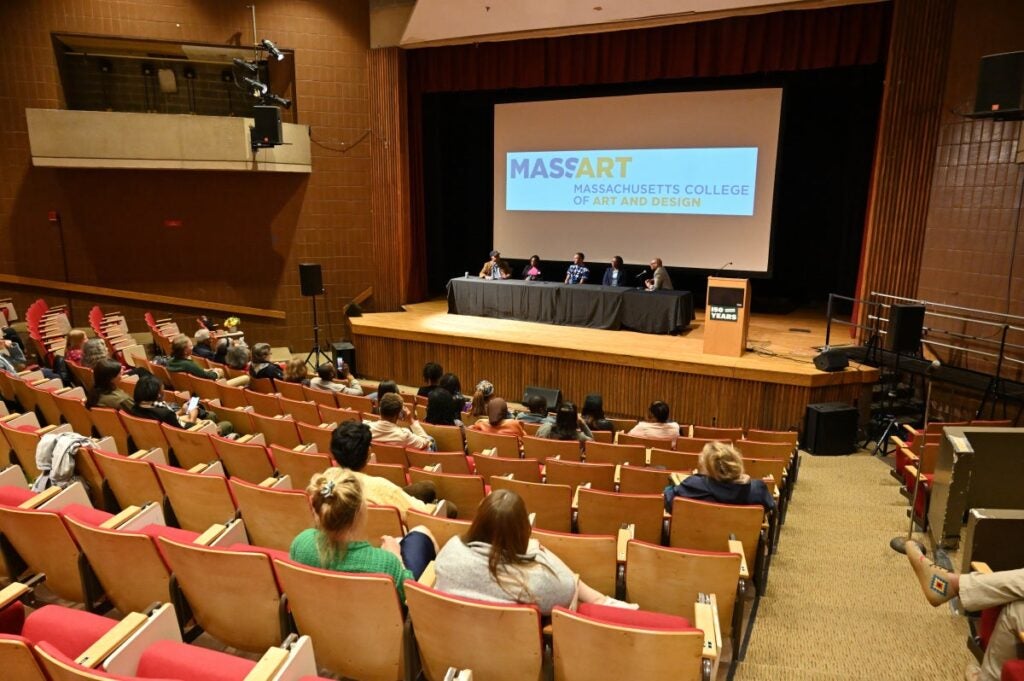
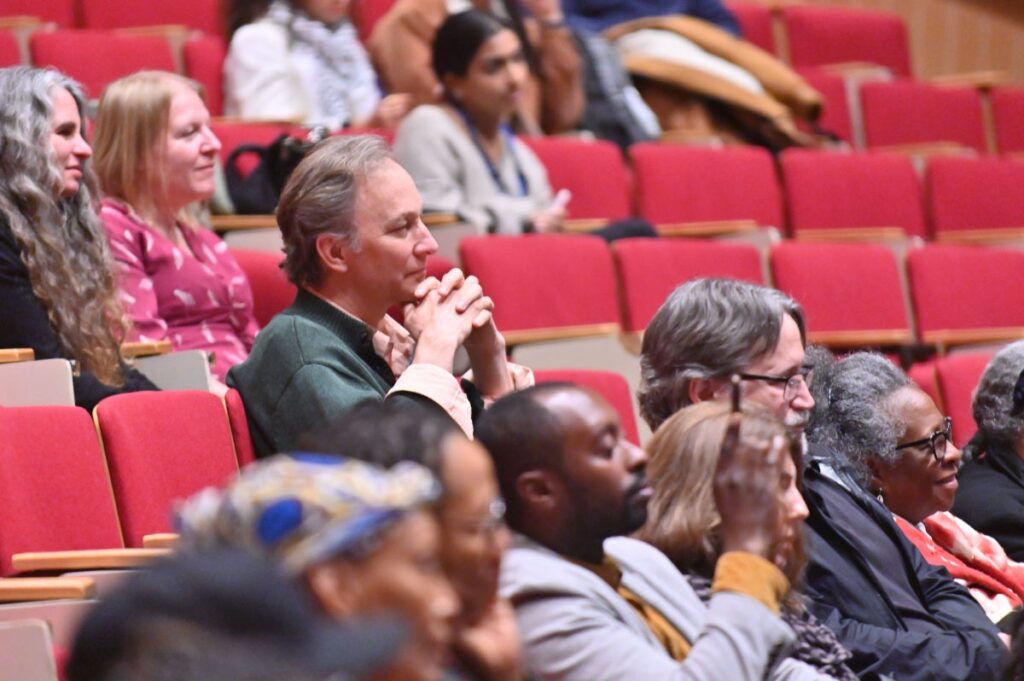
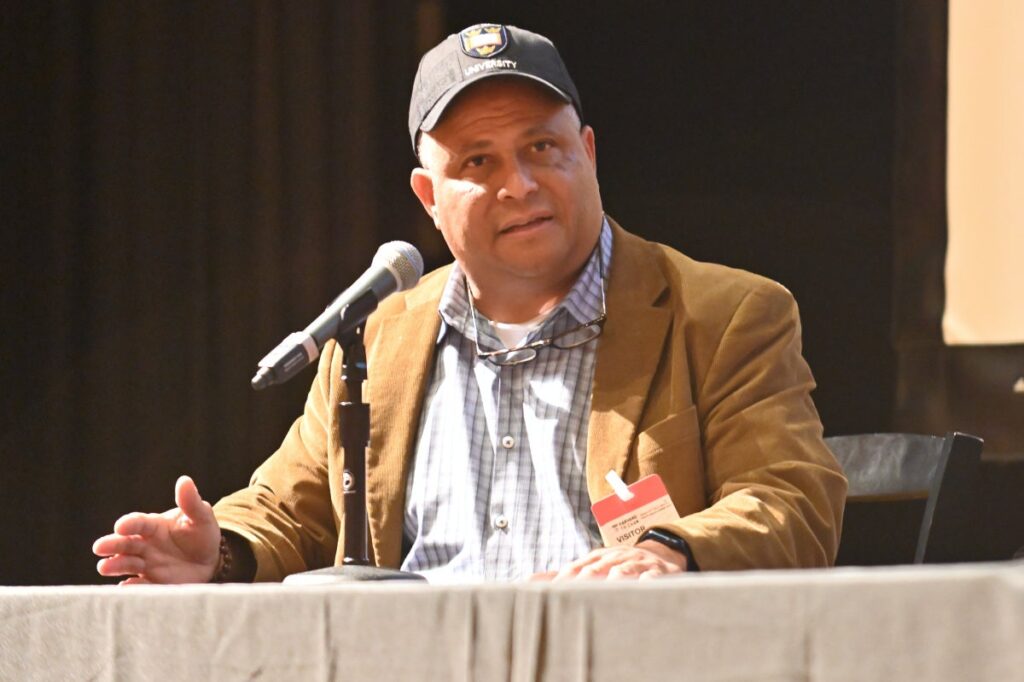
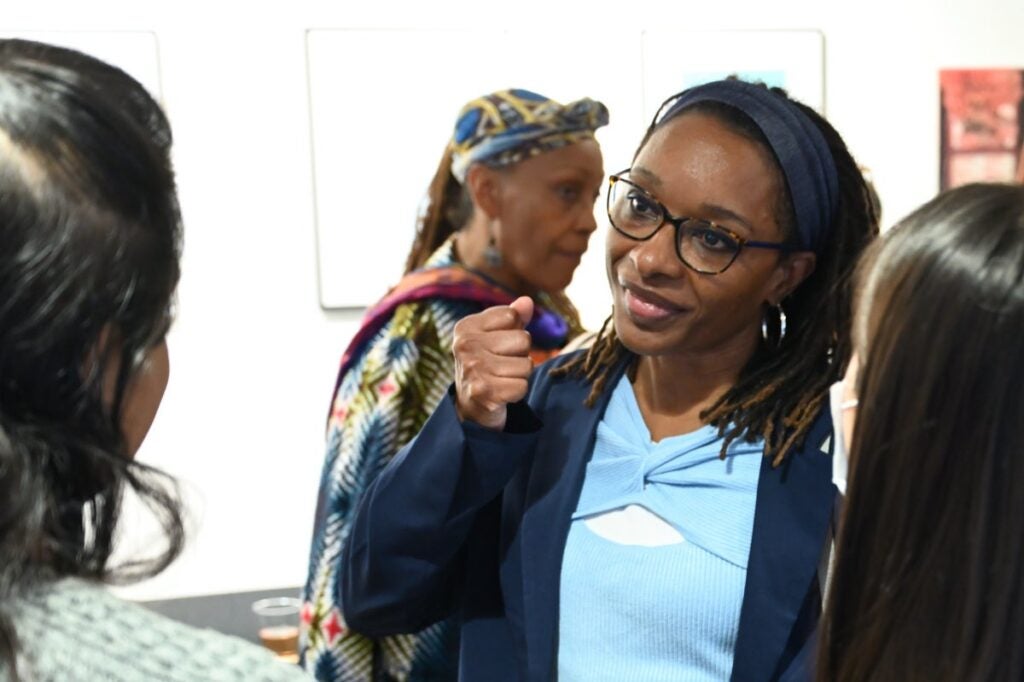
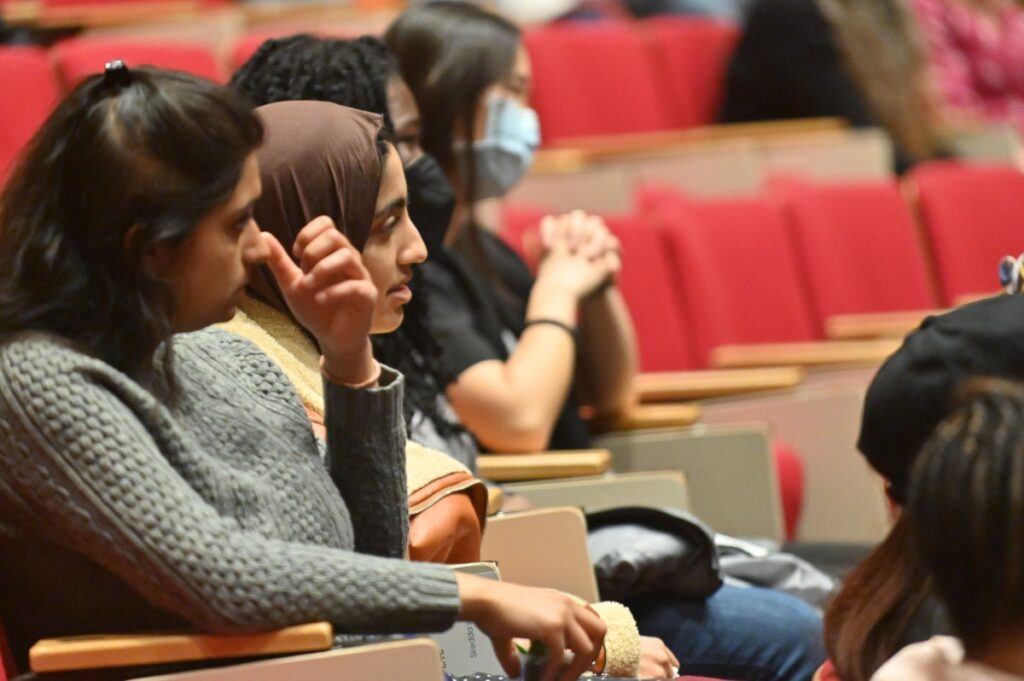

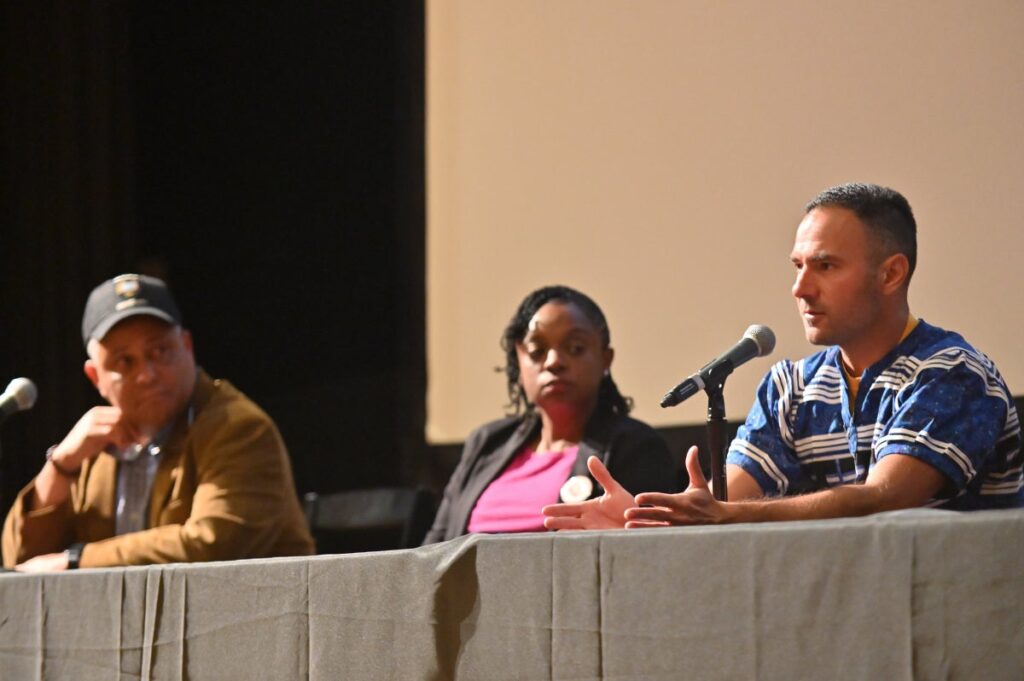
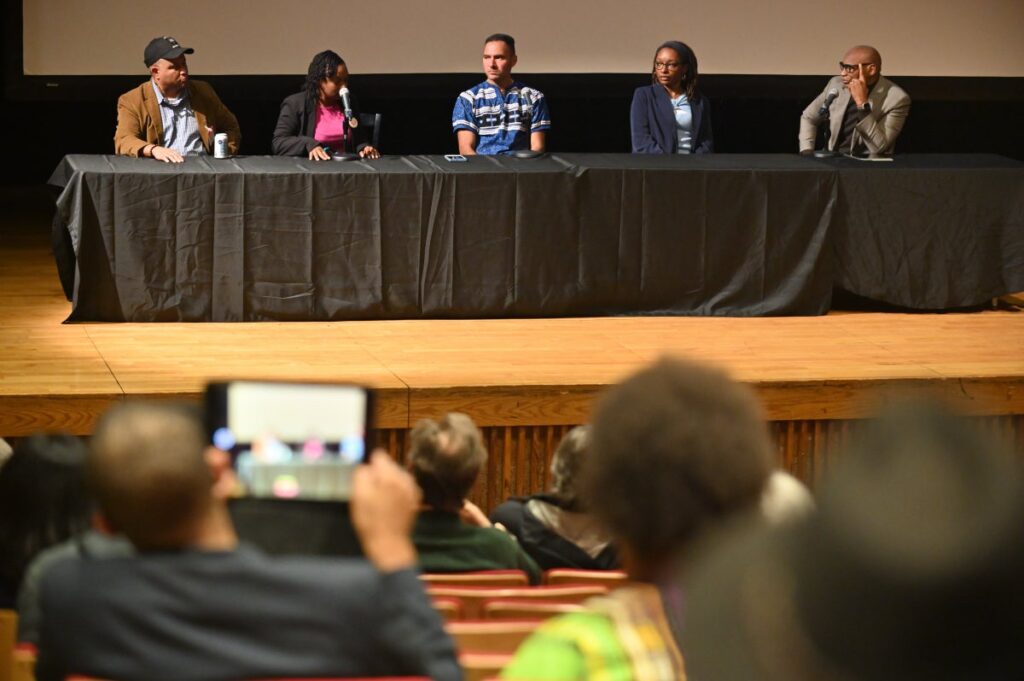
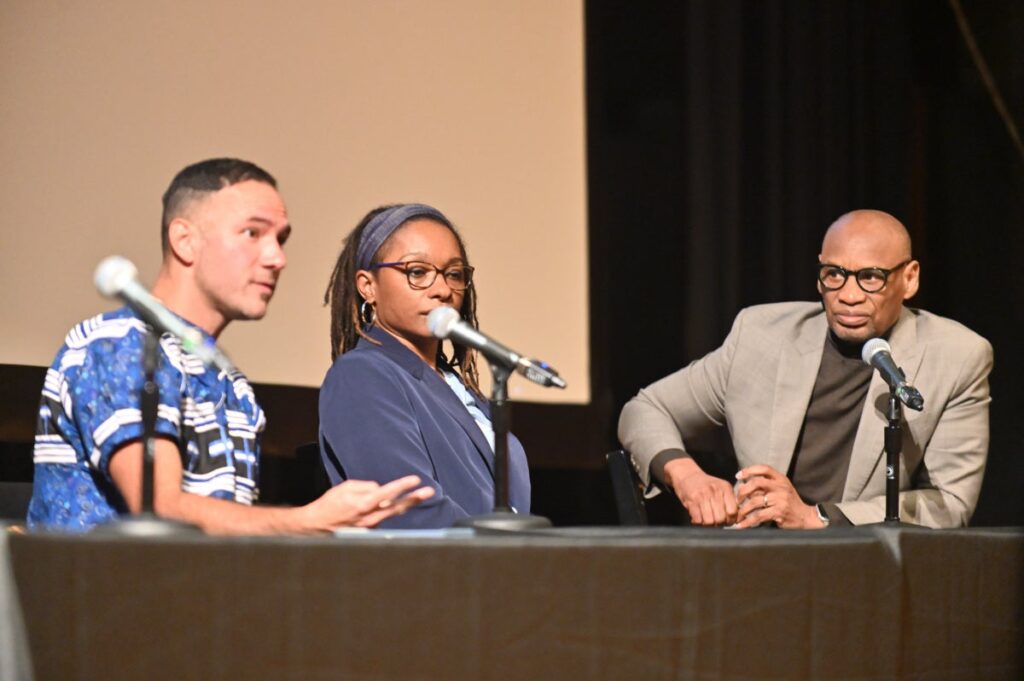
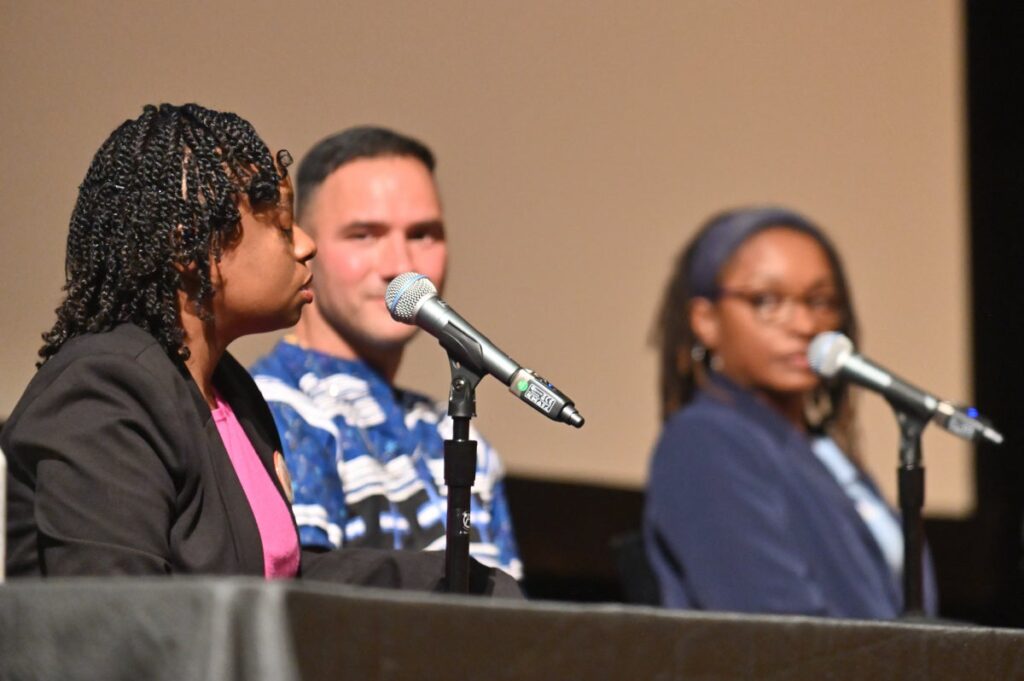

BOSTON – On Thursday, our Center hosted a film screening of ‘Descendant’, a Netflix documentary film that follows the descendants of the survivors of the last known slave ship to transport human beings as cargo from Africa to America. The screening, held at MassArt Tower Auditorium on April 20, 2023, was followed by a panel discussion about the legacy of slavery and the nation’s failure to confront that legacy, as well as the current struggles Africatown still faces today.
Dozens of attendees from the Harvard Chan School, the Beth Israel Deaconess Medical Center, the Radcliffe Institute, Bethel AME Church, the Edgewater Neighborhood Association, and various other community organizations joined the event.
“Our lives, our cultures, are composed of many overlapping stories,” said Associate Professor Tamarra James-Todd, one of the organizers of the event, in her opening remarks. “What if we took the time out to listen, to hear beyond the single story that we are often sold, so that we can see how it connects to our own experience. Even better, instead stories being used to misalign and divide, what if we could use them to empower.”
Dr. James-Todd had first learned of the film during the African American Film Festival, held at Martha’s Vineyard last August, where the Obamas made a surprise visit. Dr. James-Todd was drawn in by the documentary’s intersection of historical narrative and its interconnectedness with environmental health and justice issues Harvard researchers confront every day. The film covers the 2019 underwater discovery of The Clotilda ship and presents a moving portrait of a community actively grappling with and fighting to preserve their heritage while examining what justice looks like today. The film models the sorts of questions that community health care practitioners should consider when serving environmental justice communities, which was further discussed during the panel discussion.
“Some may say, why show or highlight the story of Africatown, AL in Boston, MA. I say that first and foremost, Africatown is our neighbor and their story is our story. It’s the story of all of us and why and how land matters, access to a healthy environment, what policies can invest in some communities and peoples while disinvesting and de-humanizing others. While this story focuses on the U.S., the truth is that this happens all over the world,” said Dr. James-Todd.
Joycelyn Davis, a panelist and a direct descendant of one of the captured African men aboard the Clotilda, knows firsthand the importance of preserving and sharing her family’s story with the rest of the world. She said there is a lot more work to be done, and hopes the event will spur new partnerships with young students and faculty who are committed to better understanding environmental justice issues and health inequities in communities like Africatown.
“What a great experience collaborating with the Chan School,” Davis said after the event. “I look forward to our sustainable future projects surrounding EJ issues and health care for the residents of Africatown.”
Davis serves as the lead organizer for Mobile’s annual “Spirit of Our Ancestors” Festival, a day set aside in February of each year to honor the 110 captives aboard the Clotilda and the descendants who have inherited this legacy. She invites all to attend next year’s event.
In addition to Joycelyn Davis, the other panelists were:
- Veda Robbins, RN, descendant, Registered Nurse specializing in Neonatal Intensive Care and Case Management.
- Ramsey Sprague, President, Mobile Environmental Justice Action Coalition; Chair, Mobile NAACP Env & Climate Justice Committee
- Kern Jackson, PhD, Co-writer and Co-producer; Director of African American Studies Program, University of South Alabama
The panel discussion was moderated by Darryl Fears, Harvard Niemen Fellow and Pulitzer Prize-winning journalist covering environmental justice for The Washington Post.
This event was held with support from NIEHS (P30 ES000002), Harvard T.H. Chan School Department of Environmental Health, the Office of Diversity & Inclusion, and the Office of Dean Michelle Williams. The Harvard Chan Environmental Justice Student Organization (EJSO) was also instrumental in providing administrative support for the event.
Photos Courtesy of London Parker-McWhorter






















